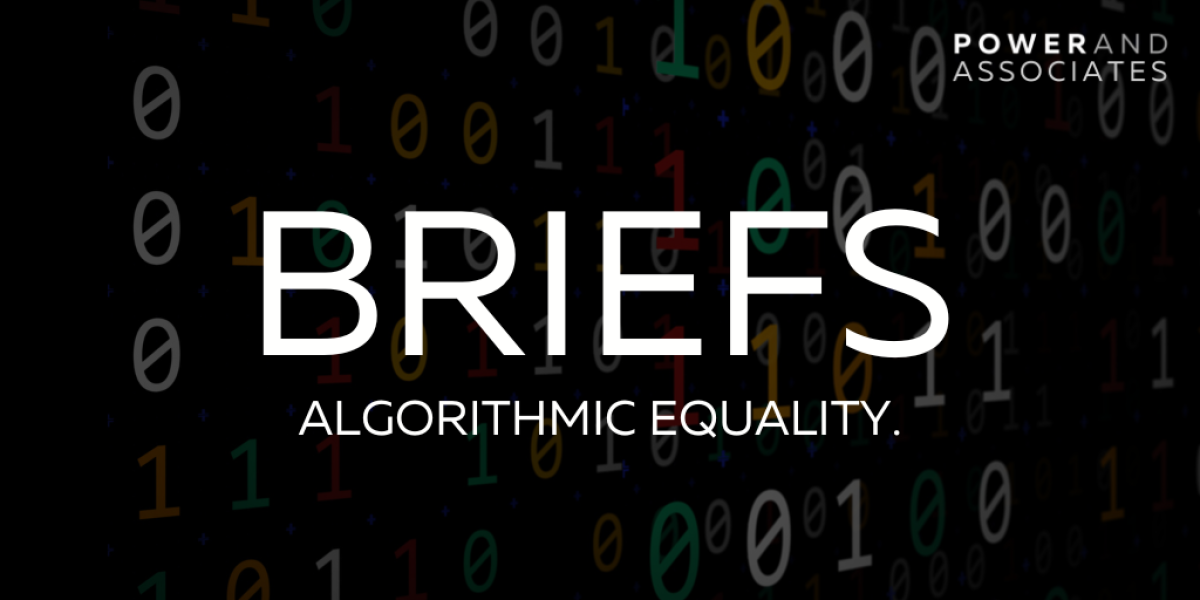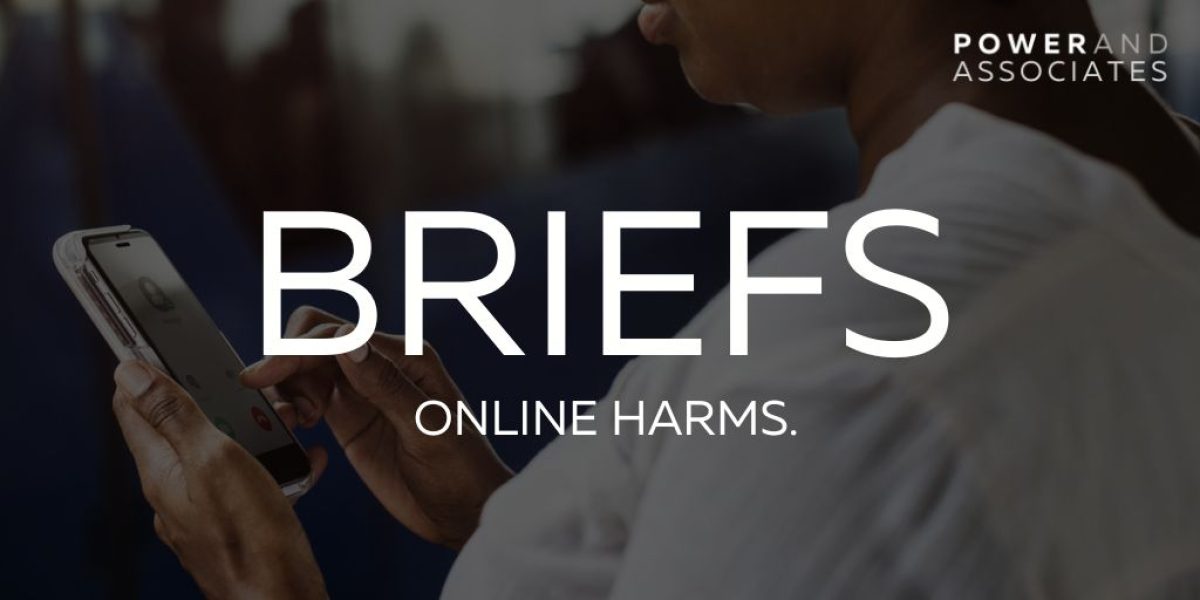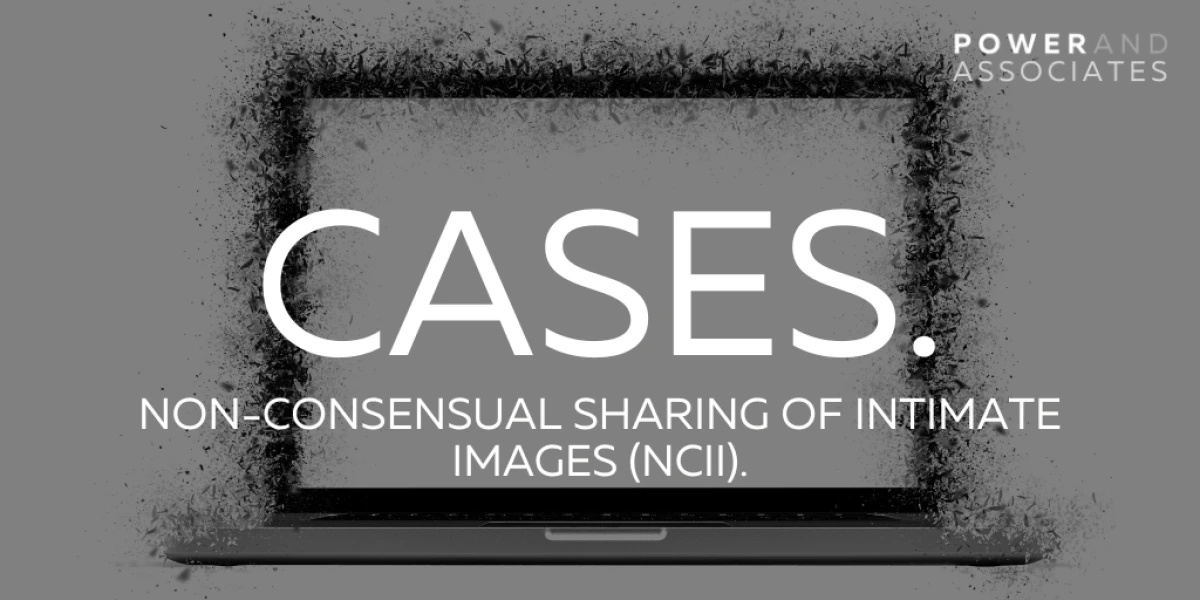BCCSA rules on SABC broadcast of President Ramaphosa’s address on land expropriation
van Damme, MP obo Democratic Alliance and Another v SABC News Channel 404, Case number 20/2018
Tribunal: Broadcasting Complaints Commission of South Africa (BCCSA)
Date of ruling: 21 September 2018
*****
Background
On 31 July 2018 at 22h10, the SABC News Channel 404 broadcast an address by President Ramaphosa on a programme called ‘The Globe’. In the address, President Ramaphosa indicated that the African National Congress (ANC) is in favour of a constitutional amendment to provide for the expropriation of land without compensation and that it intends to have legislation passed by Parliament to achieve this objective.
The next morning at 08h04, on a programme called ‘Morning Live’, this was again broadcast on SABC 2 followed by a spokesperson for the Democratic Alliance (DA) commenting telephonically on the President’s address and putting forward the opposing views of the DA on this topic.
Thereafter, complaints were lodged by the DA with the BCCSA on the following grounds: (i) that the address by President Ramaphosa was ostensibly in his capacity as president of the ANC, while the impression created was that he did so in his capacity as president of the Republic of South Africa; and (ii) that the SABC had failed to present opposing points of view on a controversial issue of public importance, as it was obliged to do.
Ruling
With regard to the first ground, the issue in dispute was that the strapline on the screen at the time of the broadcast stated: “President Ramaphosa addresses the nation”. Midway through the address, the strapline was removed and replaced with “ANC President Ramaphosa makes a special address”. The SABC admitted that it had made a mistake, with this being the reason that the strapline was changed. The BCCSA concluded that as the SABC had corrected the wording without reservation or delay, and that neither of the complainants had pursued this aspect of the complaint, it was not necessary for the Tribunal to make a finding in this regard.
With regard to the second ground, the main issue was that there were allegedly no opposing points of view broadcast on 31 July 2018. The complainants argued that the topic of expropriation without compensation is a controversial issue of public importance and that the SABC was required to make reasonable efforts to fairly present opposing points of view. It was common cause that the DA was not invited to present its opposing view on the news programme on 31 July, and the SABC did not deny that the broadcast touched on a controversial issue of public importance. The relevant provision applicable to the broadcast of 31 July is clause 28.3.1 of the Subscription Broadcasting Service Licensees Code, which provides that:
In presenting a programme in which controversial issues of public importance are discussed, a licensee must make reasonable efforts to fairly present opposing points of view either in the same programme or in a subsequent programme forming part of the same series of programmes presented within a reasonable period of time of the original broadcast and within substantially the same time slot.
(The broadcast of 1 August is subject to clause 13(1) of the Free-to-Air Broadcasting Code, which is identical in its wording, save for the use of the singular in clause 13(1) (“a controversial issue”) and the reference to a “broadcaster” instead of a “licensee”.)
There were several aspects for determination that arose as part of this ground.
In the first instance, the BCCSA noted the DA’s contention that the SABC should have broadcast the DA’s equivalent party-political statement, as the DA is the official opposition in Parliament. However, the BCCSA concluded that while it might not be unreasonable for the DA to expect to get coverage of this topic, there is no such duty on the SABC in terms of the Code. According to the BCCSA: “As long as opposing points of view are broadcast, we cannot find a contravention”. This led to the second aspect for consideration, as to whether opposing views were indeed broadcast. The BCCSA noted that while there were several interviews conducted directly after the address was broadcast, the interviewees did not present opposing points of view.
The third aspect was therefore whether the broadcast of the interview with the DA representative – which did provide an opposing view – complied with the requirements of the Code despite being broadcast the next day. The DA’s interview took place approximately ten hours later. It was noted in the ruling that the BCCSA has previously decided that there is no obligation on a broadcaster to accord contending viewpoints equal time on a broadcast. It was further noted that the audience reached on the morning of 1 August was significantly wider than it had been the previous evening during the address. The BCCSA rejected the DA’s contention that the broadcast of President Ramaphosa’s address had deteriorated into ANC propaganda.
Furthermore, the BCCSA examined whether the SABC had met the requirements that the opposing view be presented on a programme “forming part of the same series of programmes”, “within a reasonable period of time of the original broadcast”, and “within substantially the same time slot”. With regard to whether the DA’s response formed part of the “same series of programmes”, the BCCSA concluded that ‘The Globe’ and ‘Morning Live’ are both news programmes, and basically part of the same series. Further, with regard to the timing of the programme, the BCCSA noted that the words “within a reasonable period of time” and “substantially the same time slot” are directory provisions in the Code, and that non-compliance may be condoned by the Tribunal in accordance with the principles of justice and fair play. The SABC admitted that the opposing point of view was not broadcast in the substantially the same time slot, but stated that having waited for the ‘The Globe’ to be broadcast on 1 August would not have been editorially sound as the story would possibly have lost traction by then. The BCCSA highlighted the importance of editorial freedom, and noted that the SABC found itself in a catch-22:
The Broadcaster seems to have found itself in a “catch 22” situation. Had it broadcast the DA’s viewpoint in the same time slot, i.e. at 22:00 on 1 August, it would have complied with paragraph 18.4 above but probably contravened the requirement of a reasonable time, mentioned in paragraph 18.3. The fact is that it broadcast the DA’s viewpoint within about 10 hours (night time) after Mr Ramaphosa’s address, which is within a reasonable period of time, but was strictly speaking in violation of the requirement mentioned in paragraph 18.4, namely the same time slot. The solution to this problem, we find, is that the requirements mentioned in paragraphs 18.3 and 18.4 are directory in nature and that this Tribunal has the power to condone non-compliance with the provisions because the reasons for this deviation have been explained to our satisfaction.
Accordingly, the BCCSA concluded that the SABC did not contravene either clause 13(1) of the Free-to-Air Broadcasting Code or Clause 28.3.1 of the Subscription Broadcasting Service Licensees Code.
The full ruling is accessible here.
Please note: The information contained in this note is for general guidance on matters of interest, and does not constitute legal advice. Power Singh Inc. was not involved in this matter. For any enquiries, please contact us at [email protected].





